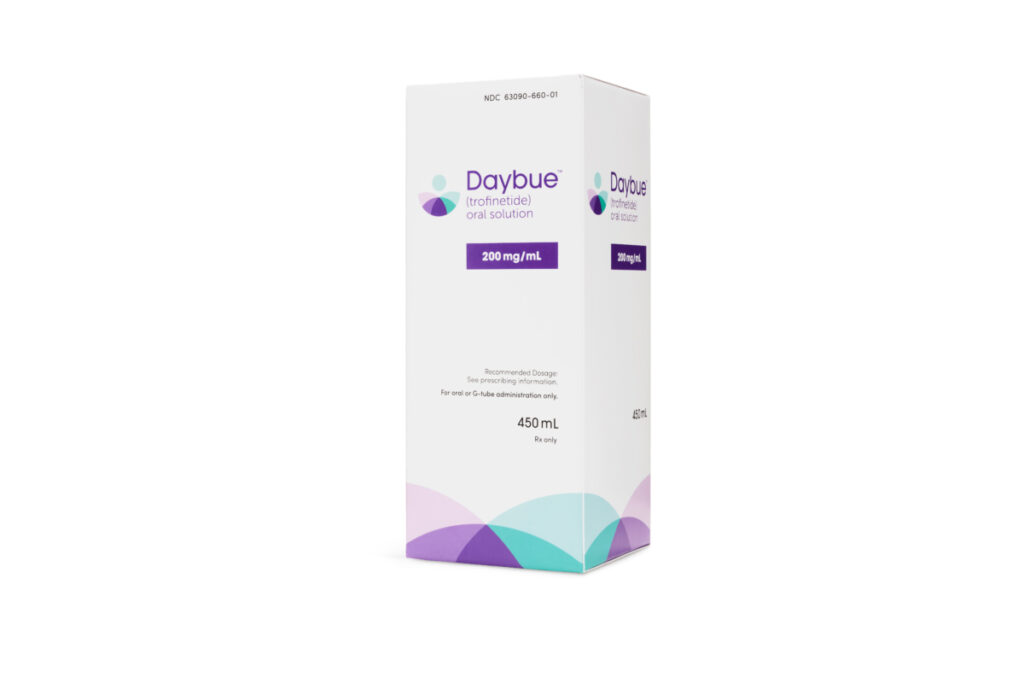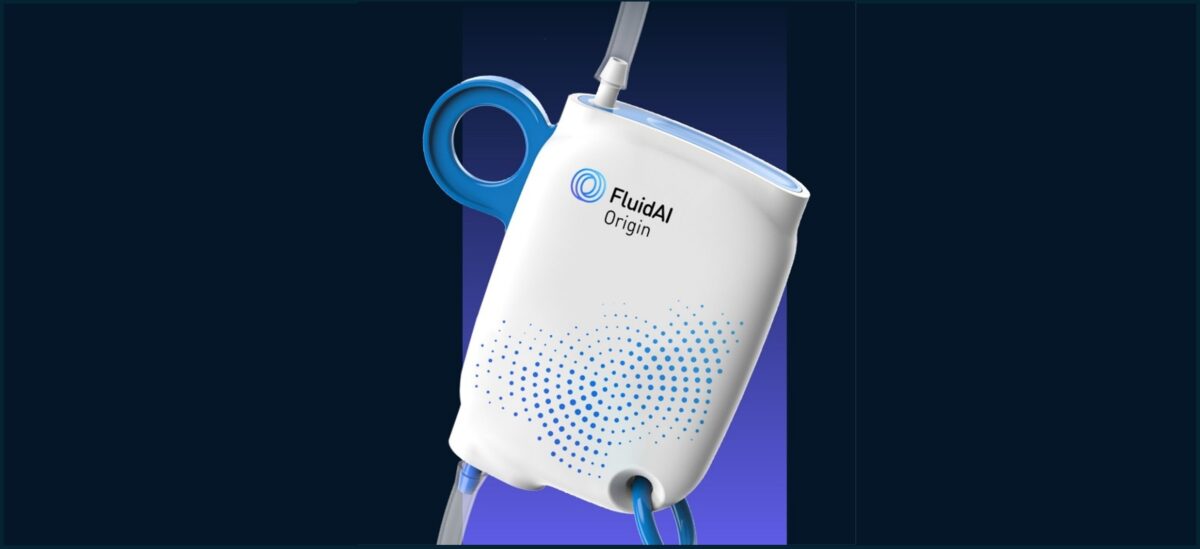The US Food and Drug Administration (FDA) has approved Acadia Pharmaceuticals’ Daybue (trofinetide) as the first and only treatment for Rett syndrome, a rare, complex neurodevelopmental disorder that mainly affects girls.
Daybue is approved for adult and pediatric patients two years of age and older with Rett syndrome.
The milestone approval of Daybue means there is now a treatment option for patients with Rett syndrome that can help manage the often debilitating symptoms of the condition.
Rett syndrome can affect a patient’s verbal and nonverbal communication, such as hand movements and eye control.
That means patients can’t speak with their voices, hands or eyes, leaving them “trapped in their own body,” explained Kathie Bishop, Acadia’s senior vice president and head of rare diseases, in an interview.
Other problems can include gait abnormalities, breathing issues, lack of motor function and seizures.
It is estimated that Rett syndrome affects 6,000 to 9,000 patients in the US, with a diagnosed population of approximately 4,500 patients, according to a press release from Acadia announcing Daybue’s approval.
Related: Gene Therapy Clinical Trials for Rare Diseases: 5 Key Takeaways from FDA’s Recent Town Hall
Rett syndrome is typically caused by a genetic mutation on the MECP2 gene. Significant development regression associated with the disease occurs after a period of normal development from six to 18 months of age. This includes a loss of acquired communication skills and purposeful hand use with the development of hand stereotypies, such as hand wringing and clapping.
Daybue’s FDA approval was accompanied by a Rare Pediatric Disease Priority Review Voucher, which can be used to obtain priority review for a subsequent application.
In 2018, Acadia entered into an exclusive license agreement with Neuren Pharmaceuticals Limited for the development and commercialization of trofinetide for the treatment of Rett syndrome and other indications in North America.
“As the first FDA-approved drug for the treatment of Rett syndrome, Daybue now offers the potential to make meaningful differences in the lives of patients and their families who have lacked options to treat the diverse and debilitating array of symptoms caused by Rett syndrome,” said Steve Davis, Acadia’s chief executive officer in the press release.
Daybue has a liquid formulation and is administered twice a day. Given that Rett syndrome is a chronic condition, Bishop expects patients to take the treatment every day.
Trofinetide is a synthetic version of a naturally occurring molecule known as tripeptide glycine-proline-glutamate (GPE). It is currently unknown exactly how the drug elicits its therapeutic effects. However, in animal studies, trofinetide has been shown to increase dendritic branching and synaptic plasticity signals.
As Rett syndrome mainly affects girls, Daybue’s efficacy and safety were evaluated in a study involving only females.
Daybue’s FDA approval was supported by results from the pivotal Phase III LAVENDER study that involved 187 female patients five to 20 years of age with Rett syndrome. In the study, treatment with Daybue demonstrated statistically significant improvement compared to placebo on both co-primary efficacy endpoints at week 12. These endpoints were evaluated using the Rett Syndrome Behaviour Questionnaire (RSBQ) and the Clinical Global Impression-Improvement (CGI-I) scale.
RSBQ is a caregiver assessment that evaluates symptoms including vocalizations, facial expressions, eye gaze, hand movements, repetitive behaviors, breathing, night-time behaviors and mood. CGI-I is a global physician assessment of whether a patient has improved or worsened.
Acadia said Daybue is expected to be available in the US by the end of April.












Join or login to leave a comment
JOIN LOGIN